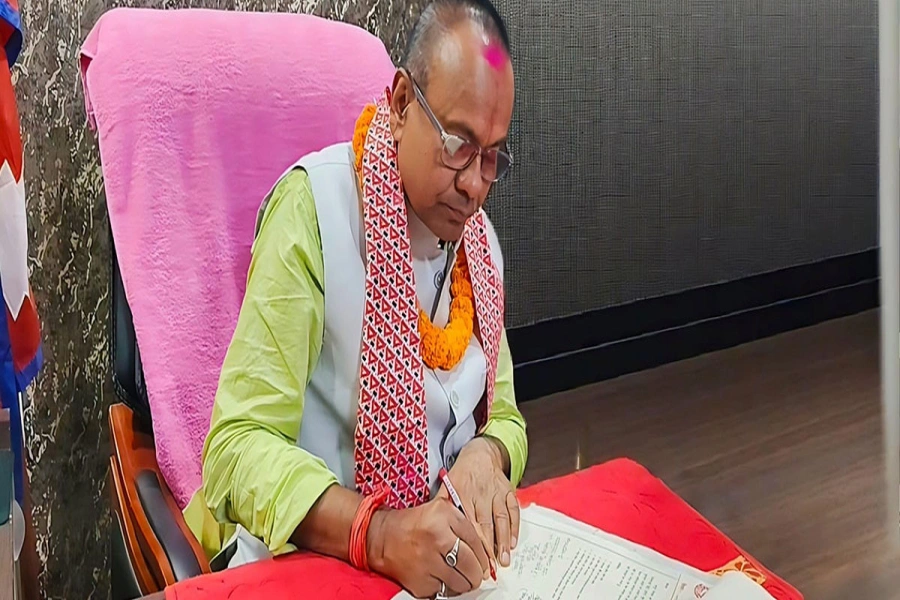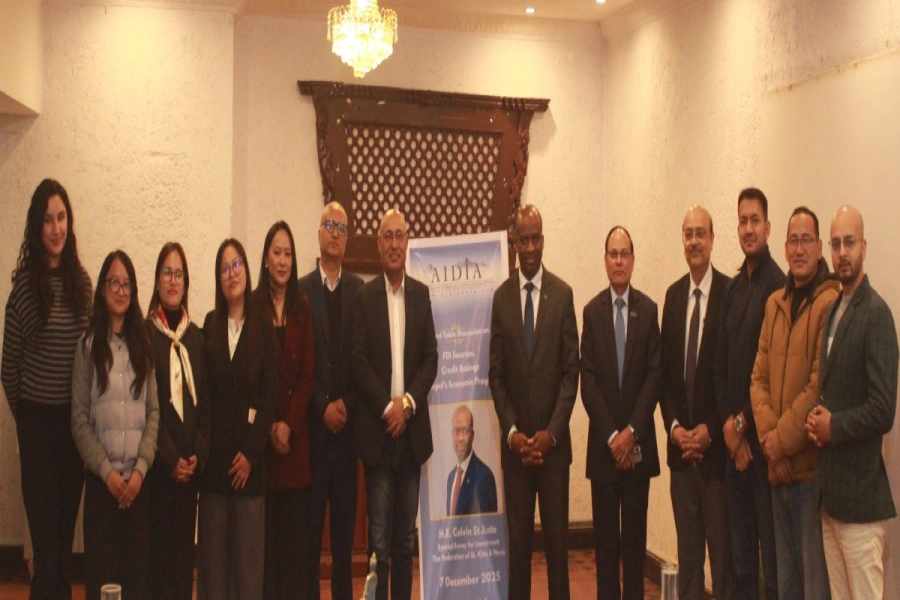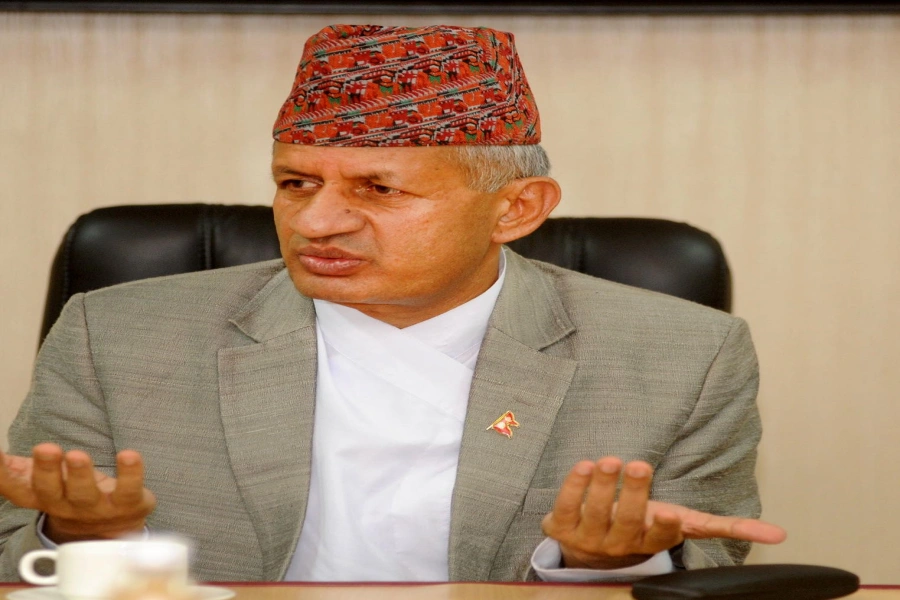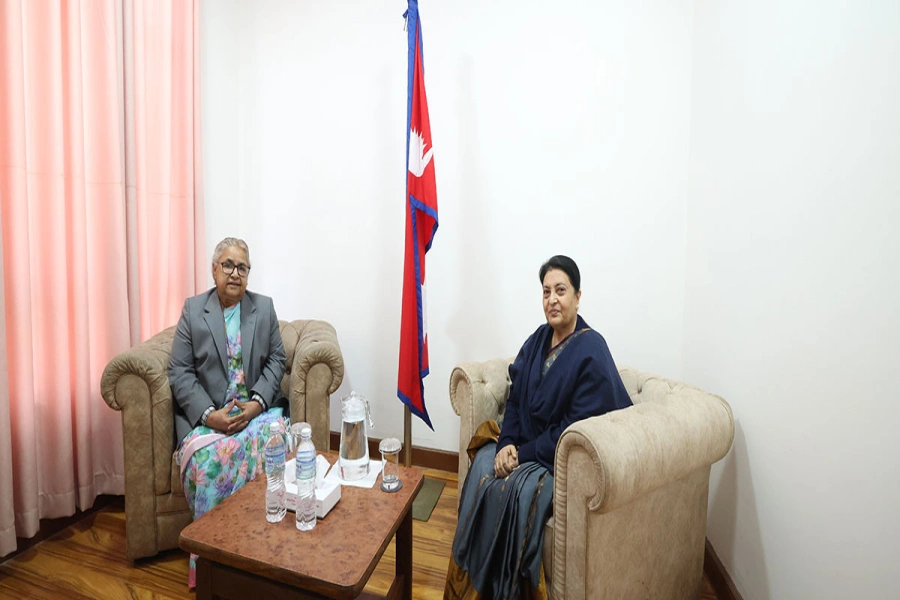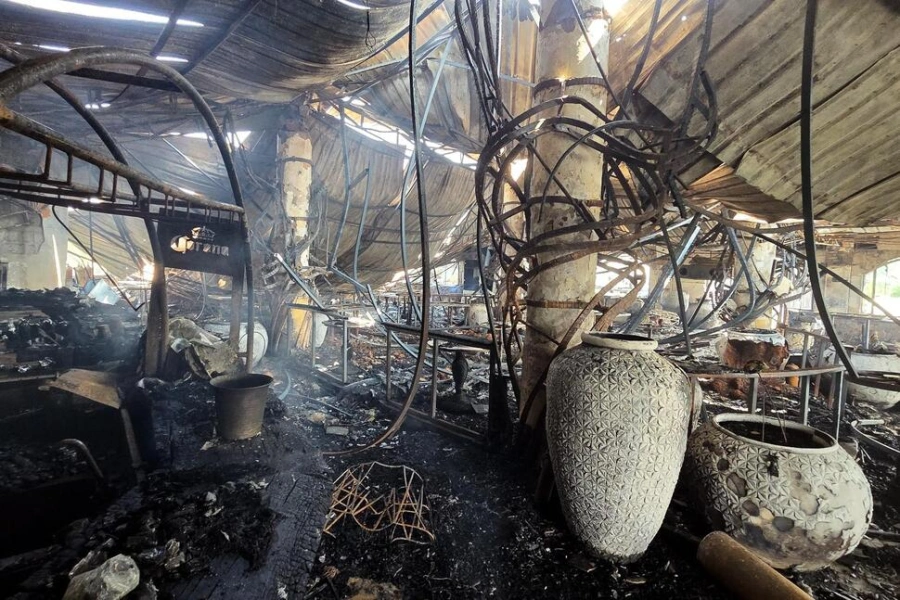KATHMANDU, June 6: Wary of the possible fallout from diplomatic tensions in the region after Saudi Arabia, UAE, Bahrain and Egypt jointly decided to sever diplomatic relations with Qatar, Nepal has directed its missions in all Gulf nations to evaluate the unfolding developments and report back for necessary measures to protect the interests of Nepali migrant workers.
The Ministry of Foreign Ministry (MoFA) wrote to all Nepali embassies in the region on Monday to closely monitor how the development is affecting the millions of Nepali workers, especially as these nations have announced suspension of flights in and out of Qatar and asked Qatari nationals to leave their respective countries within 14 days. "We are closely monitoring the unfolding situation. We have directed our embassies in those countries to evaluate the situation and report back," MoFA Spokesperson Bharat Raj Paudyal told Republica.
Over three million Nepali migrant workers are said to be working currently in various Gulf countries. Nearly 400,000 of them are in Qatar alone.
In justification of their decision to cut off all relations, the four Arab nations, joined later by Yemen and Libya also, have alleged that Qatar is "harboring a multitude of terrorists and sectarian groups that aim to create instability in the region" . Qatar for its part has refuted the allegations and termed the measures unjustified and based on claims and allegations that have no truth in them.
The move by the Saudi-led group comes in the wake of a comment that was falsely attributed to Qatar's emir, Sheikh Tamim bin Hamad Al Thani, after a recent hack of Qatar's state-run news agency. The comment suggesting Thani's support for Iran, Hamas, Hezbollah and Israel and oppositon to US President Donald Trump spread to other Gulf nations. Qatar quickly denied the comment.
Praise for Iran coming from a top Qatari leader was something unacceptable to Saudi Arabia as Shiite Iran and the Sunni Saudis are involved in proxy war in the Gulf region and in jockeying for leadership of the Muslim world.
Although Qatar's foreign ministry said that the move by the Saudi-led group would "not affect the normal lives of citizens and residents", it is likely to affect many directly or indirectly, with major Saudi and UAE-based airlines announcing they would stop flying to the Qatari capital, Doha and close their airspace to Qatar Airways.
Should this worst diplomatic crisis to hit the Gulf Arab states in decades persist for long, the first immediate impact is likely to be felt by Nepalis currently working for Qatari companies based in countries in the Saudi-led group including UAE and Bahrain. As these countries have asked all Qatari nationals in their countries to leave within 14 days, it is likely to affect workers in their companies, who will possibly face mass layoff.
Similarly, tens of thousands of Nepali workers are employed in Qatar's construction sector, with Qatar currently developing a new port, a medical zone, a metro project and eight stadiums for the 2022 World Cup. All key raw materials for the construction sector come into Qatar by ship and land from neighboring Saudi Arabia. Prolonged diplomatic tensions are likely to lead to an acute shortage of raw materials, leaving the employment prospects of most migrant workers including Nepalis uncertain.
Qatar is a tiny nation surrounded by the sea on three sides and the only way for importing goods by sea or land is via Saudi Arabia. The diplomatic tension with the Saudis is likely to cause a scarcity of food as well. Media reports estimate that over 40 percent of food supplies come in via Saudi Arabia.
The tense situation is likely to affect thousands of Nepalis working at Doha airport and for Qatar Airways. Saudi Arabia, UAE, Bahrain and Egypt have announced they are to stop all flights to and from Qatar and close their airspace to Qatar Airways. While Abu Dhabi's Etihad Airways and Dubai's Emirates are suspending all flights to and from Doha from Tuesday morning, Qatar Airways will be forced to suspend dozens of flights a day to places like Dubai, Abu Dhabi, Riyadh and Cairo.
However, former foreign secretary Madhu Raman Acharya said although the diplomatic tension is likely to affect Nepali migrant workers directly or indirectly, there is no need for panic. "We need to see how the unfolding development affects Nepali workers. Nepal does not need to take any panic decision," he said. Acharya also expressed confidence that the Gulf countries would be able to settle their differences sooner rather than later.
Google changes name of Gulf of Mexico to 'Gulf of America' for...





